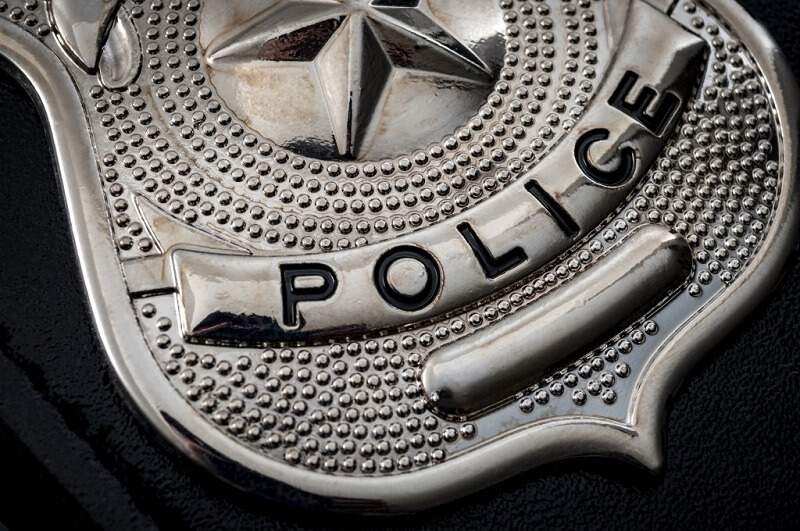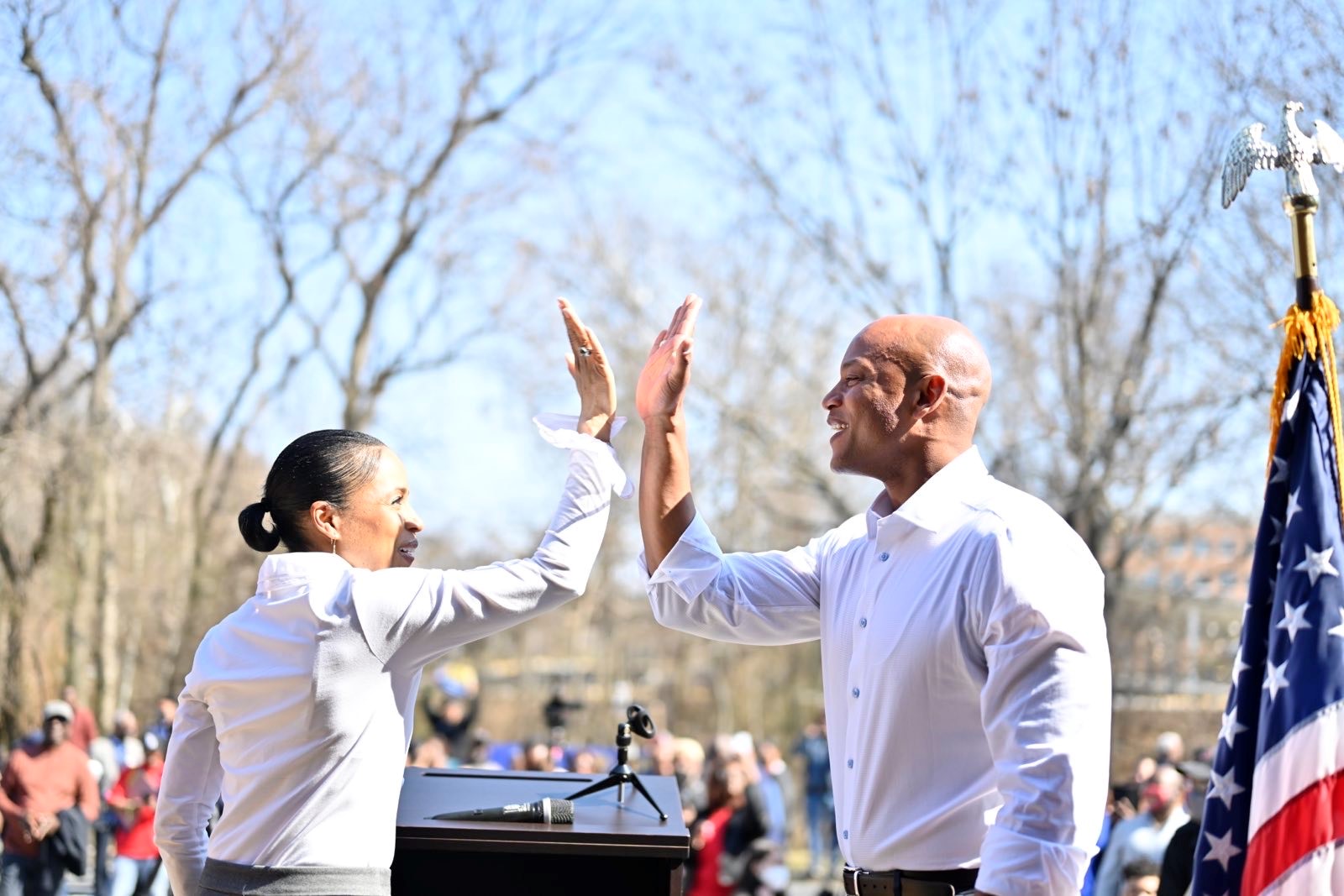Following reform effort, some police accountability boards up and running in counties, some still not formed

Officials in Maryland’s jurisdictions are continuing a complicated process to establish new state-mandated police accountability boards, with differing levels of success.
The boards in Calvert and Frederick counties held first meetings in August and will hold second sessions Sept. 14 and Sept. 28, respectively.
Anne Arundel County’s nine-member police accountability board has convened three times with its next session scheduled for Sept. 26.
Janssen Evelyn, executive director of the county’s police accountability board, began his job last month to ensure the administrative functions of the board “happen in a streamlined manner.” The County Council is set to consider formal approval of his appointment next week.
“Everyone’s been scrambling ultimately to figure out how to enact this [state] legislation,” said Evelyn, who earlier had worked as a county attorney in Prince George’s County. “There’s some vagueness and ambiguity in [the law]. In other counties, just being frank, they’ve been moving a bit slower trying to figure out what are other jurisdictions doing. This is foreign for everyone.”
The General Assembly approved legislation last year for Maryland’s 23 counties and Baltimore City to establish not only police accountability boards, but also administrative charging committees and trial boards.
Charging committees would review allegations brought from the public against police officers and recommend possible disciplinary action. An officer can appeal a decision before a local trial board.
A few jurisdictions continue to seek members to serve on their local police accountability boards, including Baltimore and Prince George’s.
Applications in Baltimore are due Friday.
But in Prince George’s there are two different timelines.
In July, the County Council approved a measure that allows the council to choose five members and the county executive to nominate five others and the board chair.
County Executive Angela Alsobrooks (D) announced Wednesday that candidates can submit letters of interest and resumes to her office via email at [email protected] by Sept. 9.
Earlier this year, the county executive’s office received nearly 100 interested candidates and Alsobrooks announced Wednesday that those candidates wouldn’t need to reapply.
The County Council began to accept applications Thursday and will continue until 5 p.m. Sept. 15.
The council plans to hold a listening session Sept. 27 to hear from those interested in serving on the 11-member police accountability board. An application on the council’s website asks several questions such as a person’s employee status, race and directs them to fill out a “statement of qualifications/desire to serve.”
Beverly John, a member of the Prince George’s County Police Coalition for Police Accountability, said there isn’t enough transparency in the selection process and that includes allowing the public to know how the county executive selects the board chair.
“[County officials] opened the door for this to happen,” John said. “There needs to be some coordination that the same person can’t apply to the county executive and County Council.”
County attorney Rhonda Weaver said that perhaps the county executive and county council could each designate a point person to ensure that no applicant would be considered by both branches.
John also wanted to see more outreach to the public, not just to people on county email lists or familiar with the county’s website.
“Put a notice in the public library spaces, put it at the courthouse and other county public spaces. You can do a county robo-call list. You may not get 300 people, but at least you gave an opportunity and you can be more inclusive,” John said.
County Councilmember Dannielle Glaros (D) expressed a similar sentiment when the council met as a Committee of the Whole during a special meeting Monday.
Glaros said presenting two different ways for residents to apply for one board can create confusion.
The council approved a resolution Monday on a “public engagement progress” to select members to the police accountability board. Glaros abstained.
“One of the best ways to address tight timelines is to have early conversations with people on legislation before it’s in front of them,” she said. “There are some things that could really be done to tweak this [resolution] and make it stronger moving forward.”




 Creative Commons Attribution
Creative Commons Attribution